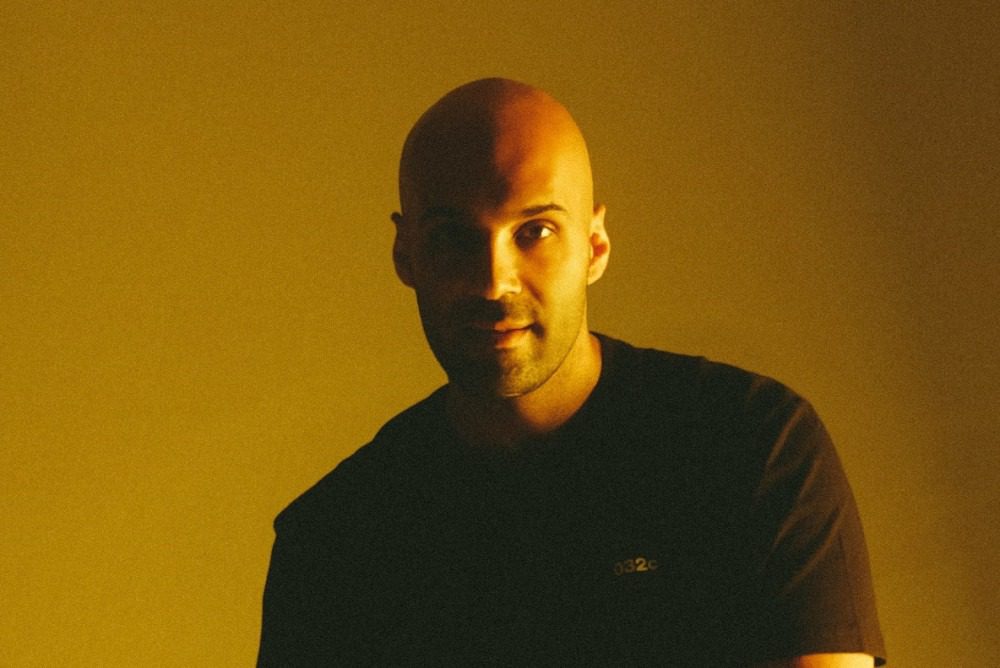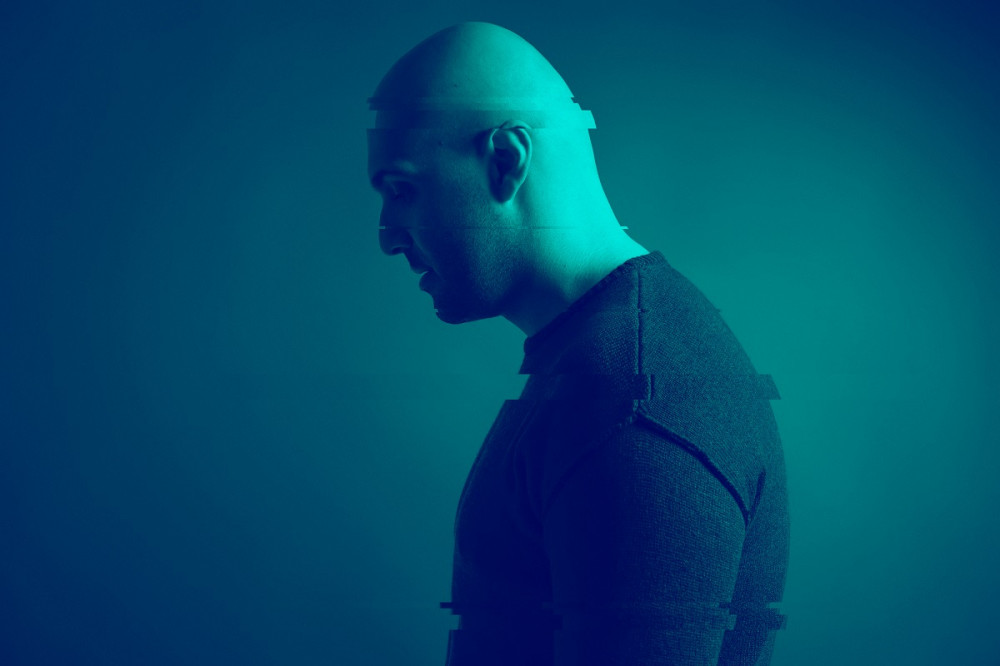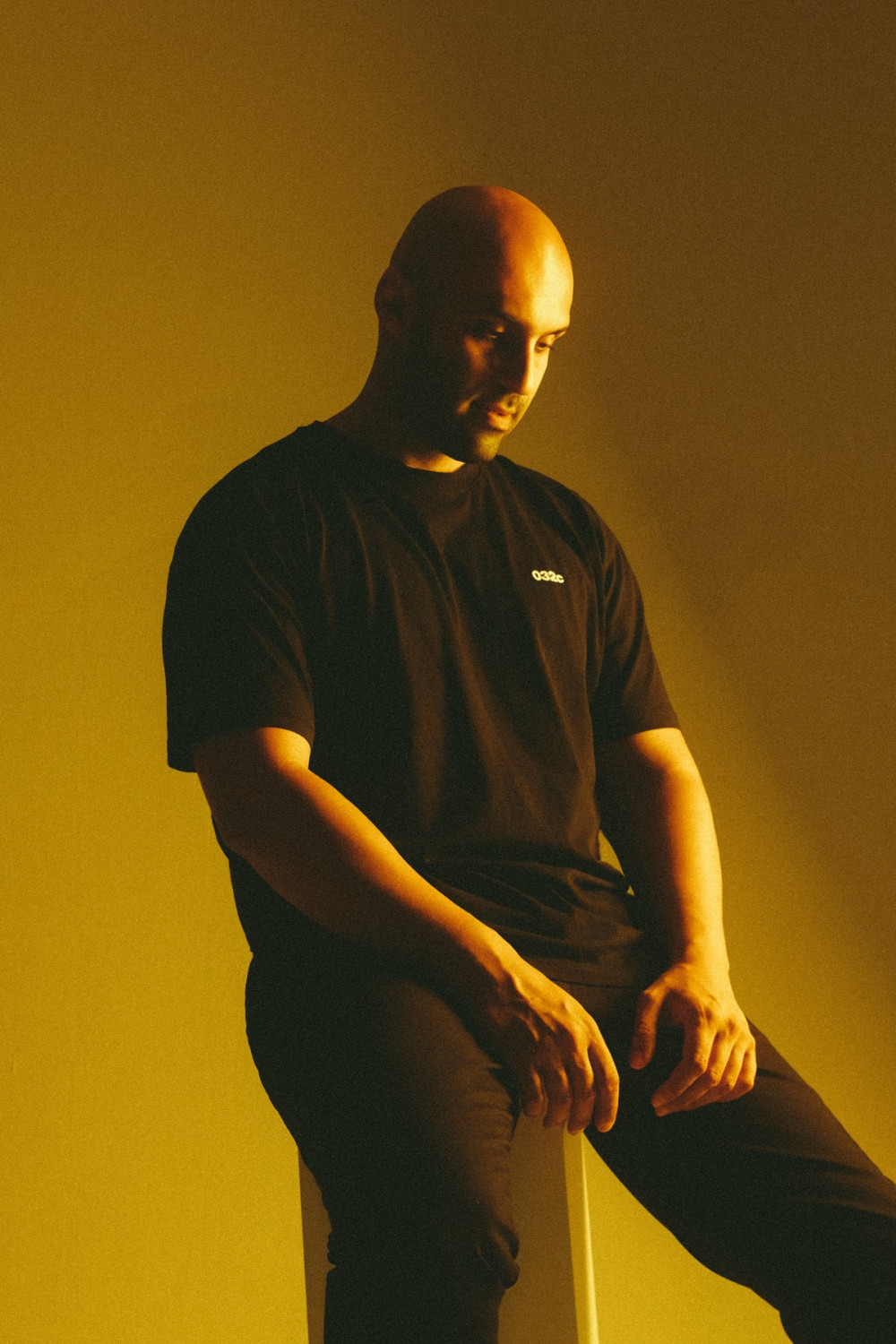Producer, DJ and Son d’Étroit label boss Boran Ece is known for his house-infused tracks and creatively innovative approach to music. His love for the groove comes through in every beat, every rhythm, and every melody. We had a chance to speak with Boran about his EP ‘Woodward Avenue’, Son d’Étroit label, vinyls and the concept of underground. Enjoy the read!
For starters tell us something about your brand-new release. Woodward Avenue EP brings three new originals, so is there a story behind the release?
A bit cliché but reality and that’s the sound. The way the arrangement and the individual elements work together is clearly differentiated from the sound on the mother label Son d’Étroit. It’s harder, grittier and unstoppable. Categorically, the tracks belong more in a warehouse rave than a day party on Mykonos.
I live out my musical diversity and created a basis for it.
Is there any track from the EP that has a special meaning and why?
In the end, riverwalk did it to me the most. Actually, it connects exactly where I come from and where I want to be. Symbolically like a river connects two cities. It creates a flow from one point to the other one.
I’ve read somewhere that you experimented with musical instruments from an early age, that you were a raver in Ibiza and went to City of Basel Music Academy. Listening to your latest release we can say that your music is not just a simple combination of techno beats. As an artist who is not commercially driven and is focused on quality, what would you say is your main goal when making music?
In addition to all the creative things you try to bring into your creation, it is also important and always to mention that you survive as an artist. The pandemic has taught us all better. Today this is confirmed even more. Don’t do anything just for fame and money. Believe in what you feel as an artist and what you want to contribute. This is worth more than anything else.
On a real instrument it’s easier to convey the feelings by pressing a key or playing a string. In electronic music this is practically impossible. It is therefore all the more important to put the organic human factor first. If you manage to do this again and again, everything that is needed for a successful and, above all, sustainable career increases.
In a time where techno is considered a mainstream genre, how do you think house music fits in the scene? And how creatively innovative a young DJ has to be?
I think this is best explained through DJs. Earlier House DJs used to play a few techno pieces after long sets, and this was celebrated. Today it’s exactly the opposite, you blast the crowd with the hard beats, deep basses, swinging synths and end your set with a classic house track and everyone sings along. Technology has become so easy and accessible that the question is limited to what you want to achieve as an artist. When everything is done, you still need a musical ability on stage to perform. That’s why I tell every young DJ: just take only the music to heart.
What can you say your vision is for the musical diversity of DJs? Is it a must, considering a DJ should educate his listeners?
If you just look only at the diversity of techno today, I think there is no other type of music that offers so many possibilities for interpretation. I think the sub-categories in the stores alone show that music can and should be produced in a variety of ways.
There are so many DJs who create a fluid transition from genre to genre in their sets without changing the mood. On the contrary, they even increase it to another level. I experience this most, for example, when I dance to Luciano’s DJ sets.
When making music, is there a certain fight for producers in releasing music on their own labels & other labels?
Since I have my own label I understand the big labels better. I mean everyone is convinced of their music and would like to release it on a big player if possible and the disappointment is just as big when not even the submitted song is heard. So many factors play a role today that a label releases your music. I mentioned in another question that technology in the music business has become simpler and more accessible. You might as well release music on your own label. I think it just depends on how far you manage to spread the music.
What can you tell us about Son d’Étroit label? What was the starting idea and what are the goals?
The freedom to create everything myself was my reason for founding my own label. In addition, the reaction times until there is a release with a label can be incredibly long.
With Son d’Étroit many things play into each other. The artworks result in pictures, each track has visuals and poetic descriptions that match the artwork.
The music should not only find its place on the dance floor but also in the living room. It is important to us that the listeners of Son d’Étroit reach us, share their feelings and experiences through our music.
We are very proud of what we’ve been able to create to date and that’s why we insist on releasing vinyl. Somehow so much work should be tangible.
Can you share the idea behind SDE Digital?
The sub-label differs from the parent label primarily musically and also has a bit of a purpose to maintain the label’s popularity. In our team, we maintain traditional aspects, but draw on the potential of new technologies. SDE Digital allows us to deviate a bit musically, release more often and get to the audience faster.
We live in an era where DJs often have a busy flight schedule with many gigs and the scene has embraced new technology. But do you think more attention should be given to vinyl? What is your opinion?
I don’t understand why vinyl is considered something extraordinary today. I probably belong to the last generation that only had vinyl to play. Many DJs who have been touring for more than 20 years used to be on tour with at least 50kg of vinyl. To play digitally makes life easier that’s for sure. So, I don’t think it’s bad at all. Vinyl doesn’t make a DJ’s set any better.
So, it’s more about knowing what an artist feels comfortable with. Ultimately, the tracks are our instruments, no matter what medium they are on.
What is underground to you?
Everything about a rave that cannot be named. By named I also mean a kind of classification. There is no stage for the DJ and no VIP lounge for the star guest. All are on the same ground.
How do you see the use of social media as an underground DJ?
It’s a love-hate relationship. The question then is how much underground am I when I use social media. The fact is that it has become a fixed and, above all, important part of our lives in general. A large proportion of our consumers in the scene procure the media and information via these channels. I just don’t think it belongs on the dance floor. I don’t like it when everyone pulls out their phones and records the DJ at his best. Rather, you should really enjoy the moment. my tour manager keeps filming me while I play. I have never done it myself and (hopefully) never will have to.
Are there any upcoming releases or projects you want to share with our readers? Is there an acoustic LP in making?
I’ve been working on a very demanding project for a long time. The idea was to record acoustic instruments with the right miking in such a way that the music then sounds club-ready.
This resulted in an album that i will finally release towards the end of this year. a kind of documentary film about the development of the whole project will be released. well-known artists like Hannes Bieger, Tomek Kolcynski or Sylvia Oelkrug were part of the whole thing.
It will be my biggest work so far.






